While perusing my photographs from the last year, I was surprised to notice that I had started photographing women much more often than men. But not just women in general, it was women who seemed to be preoccupied or burdened by something, suspended in their own quiet space, within the milieu and movement of the city around them. How had I developed such a pattern photographically without even being aware of it? It was only in writing this story that I began to explore why I was drawn to these solitary female figures in which I saw subtle expressions of the same anxieties or unease that I had felt at varying stages throughout my life.
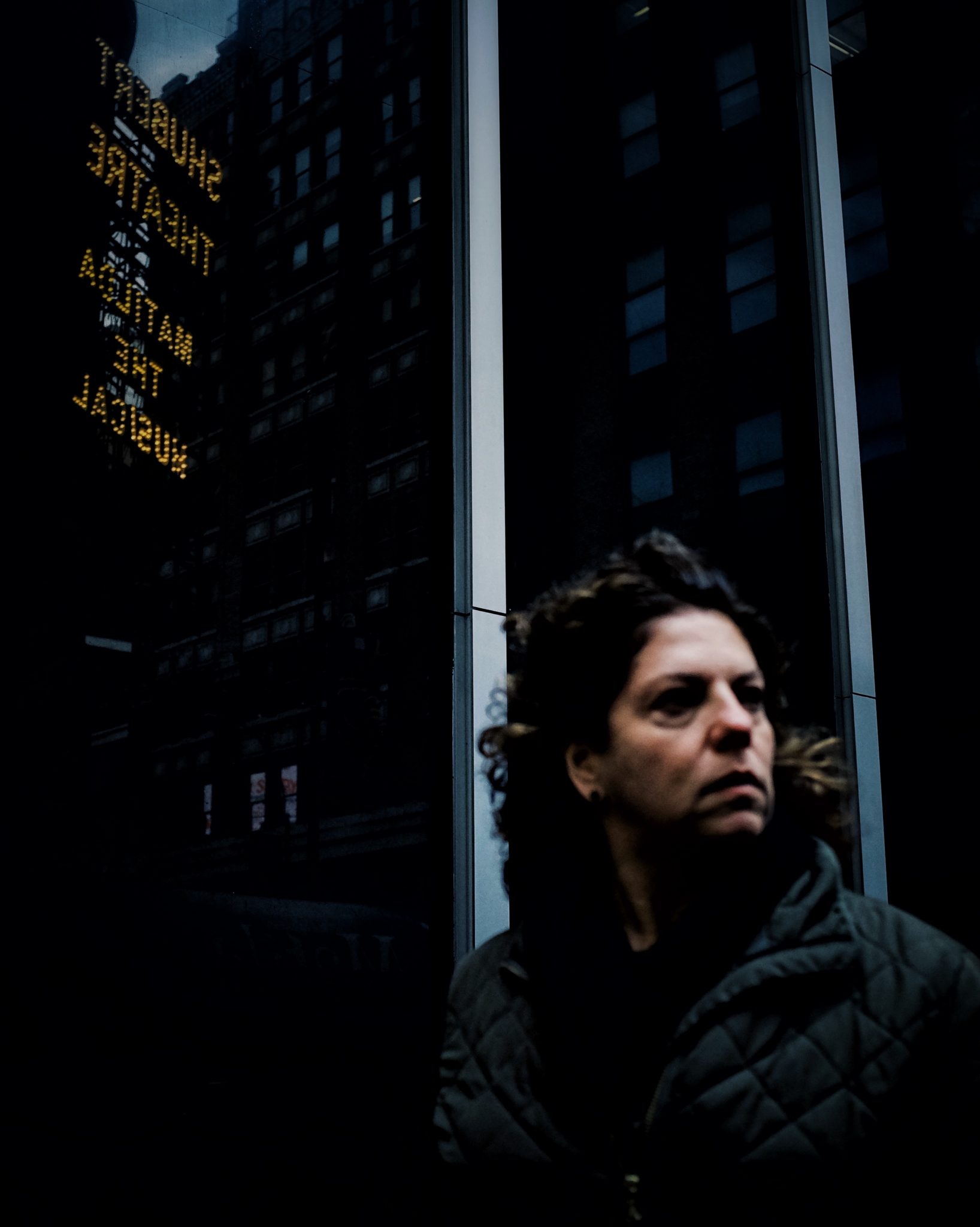
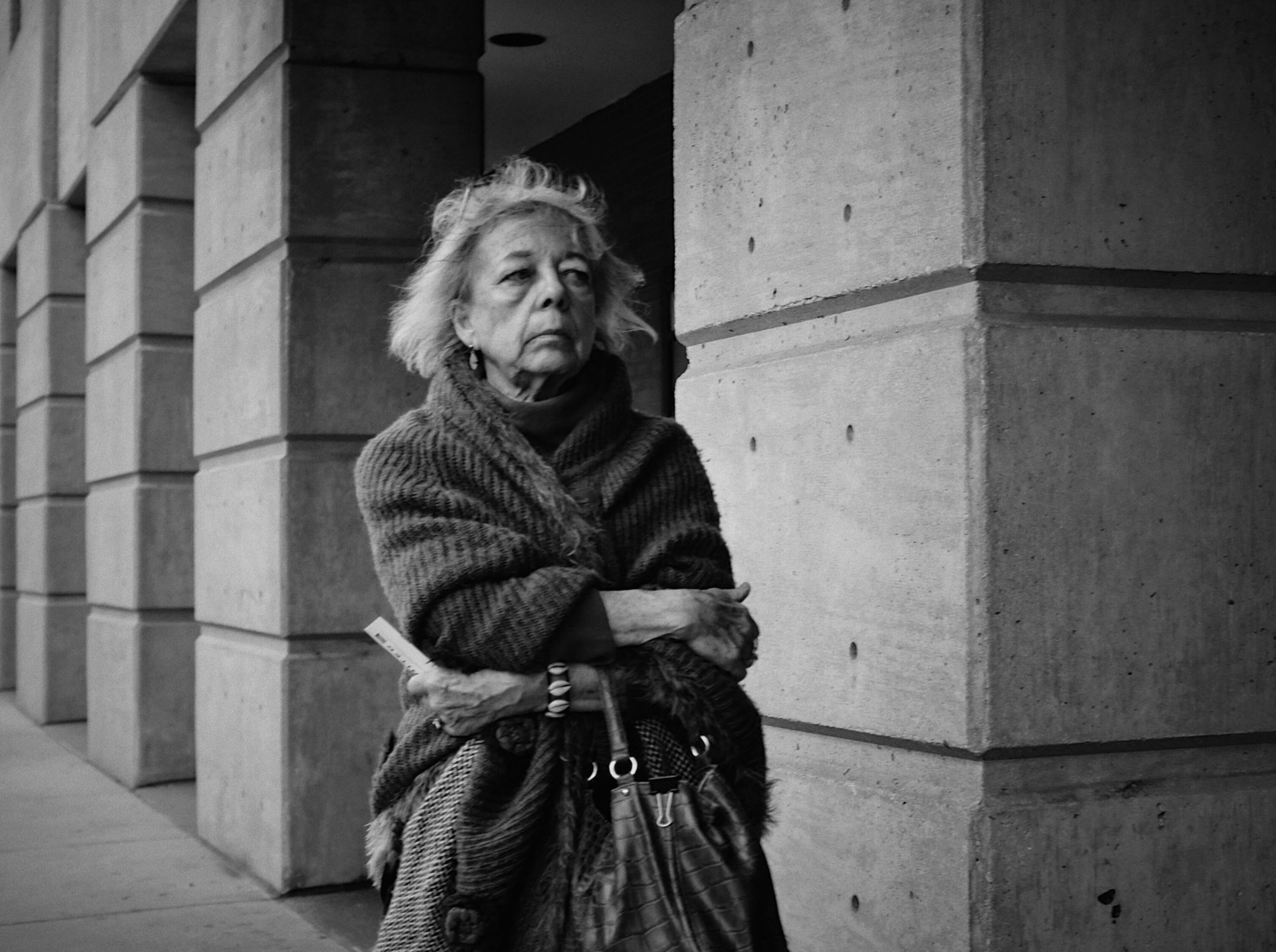
Of course anxiety or unease is not confined to women alone, and I have been attracted to photographing this quality in men as well. But the sheer volume of female subjects over the last few months suggested to me there was something more to it and I began to explore the tensions and dichotomies in my own life that had been sources of anxiety, but were also related specifically to being female:
I have felt empowered by being considered youthful, attractive and seductive, yet disempowered by being objectified and undervalued.
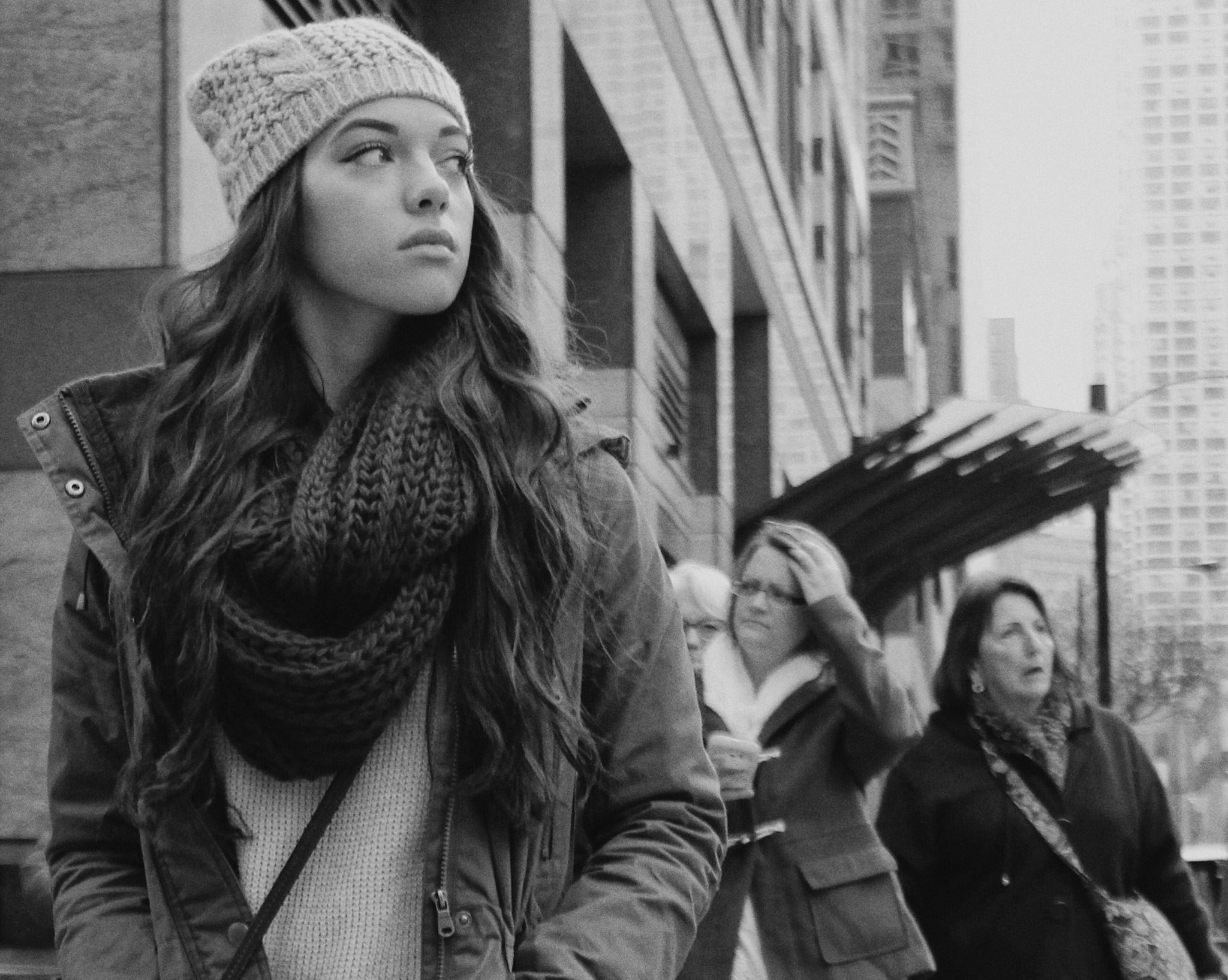
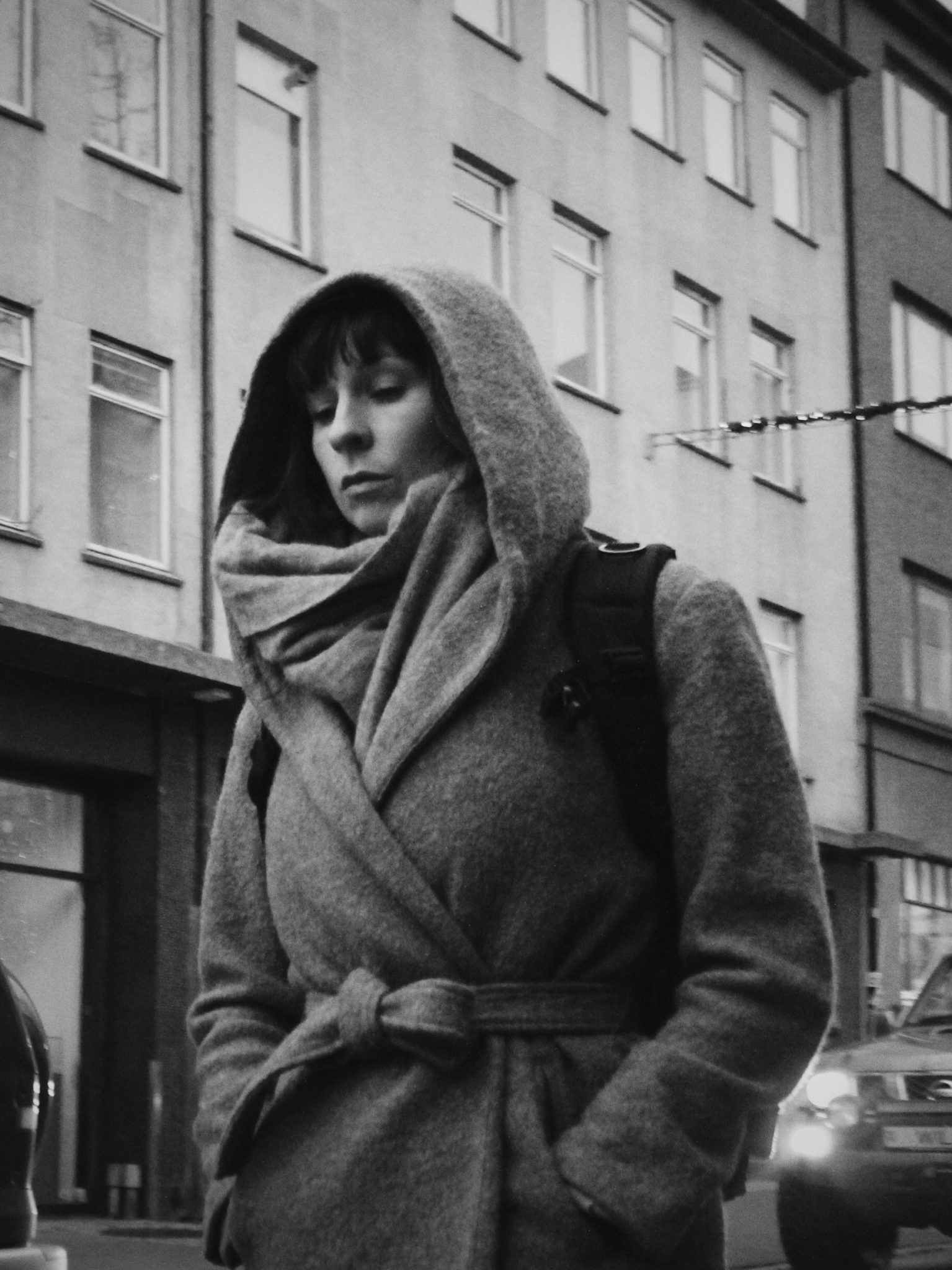
I have felt empowered by being independent and career focused, yet disempowered by being judged for being single or not having children.
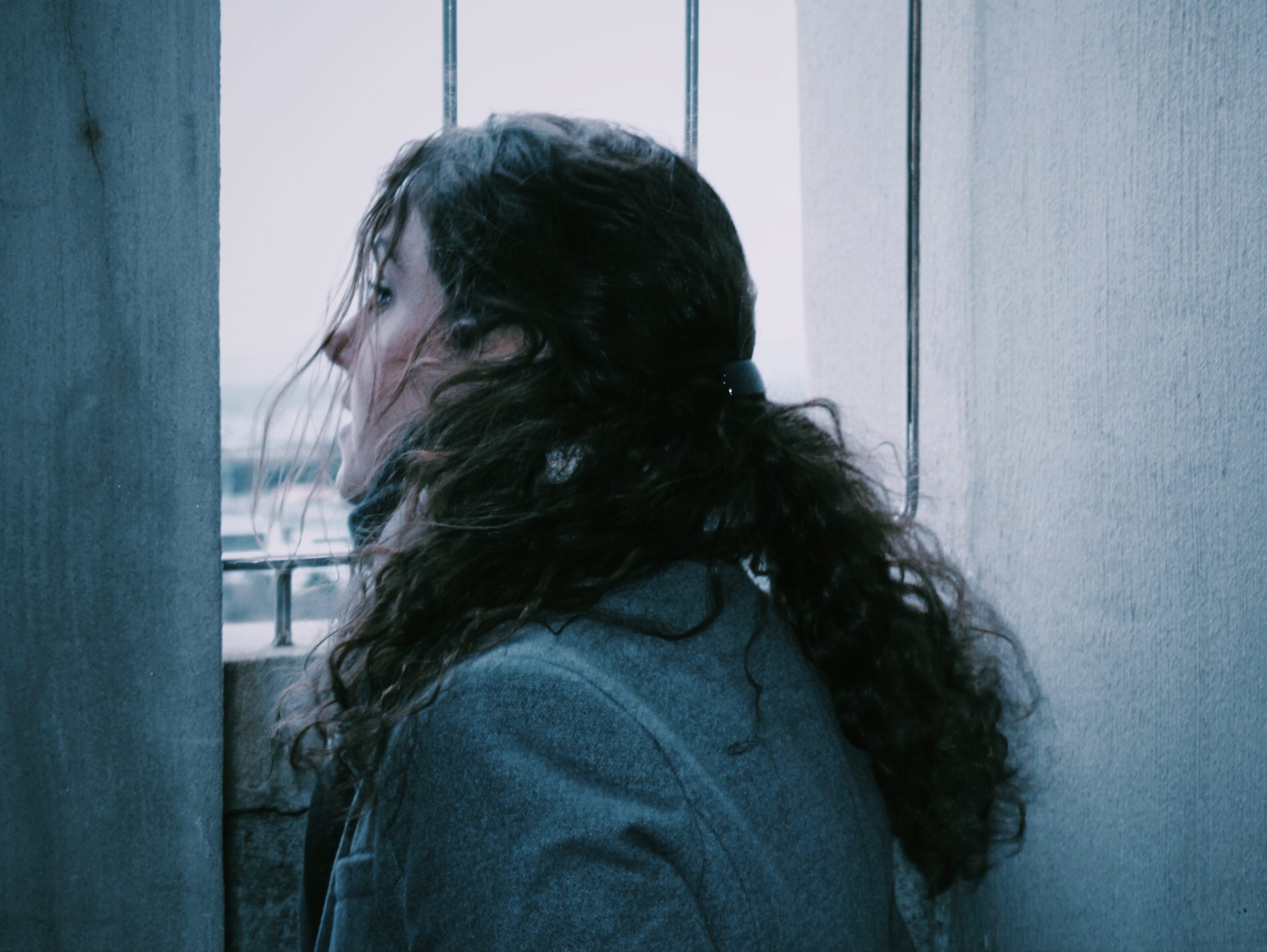
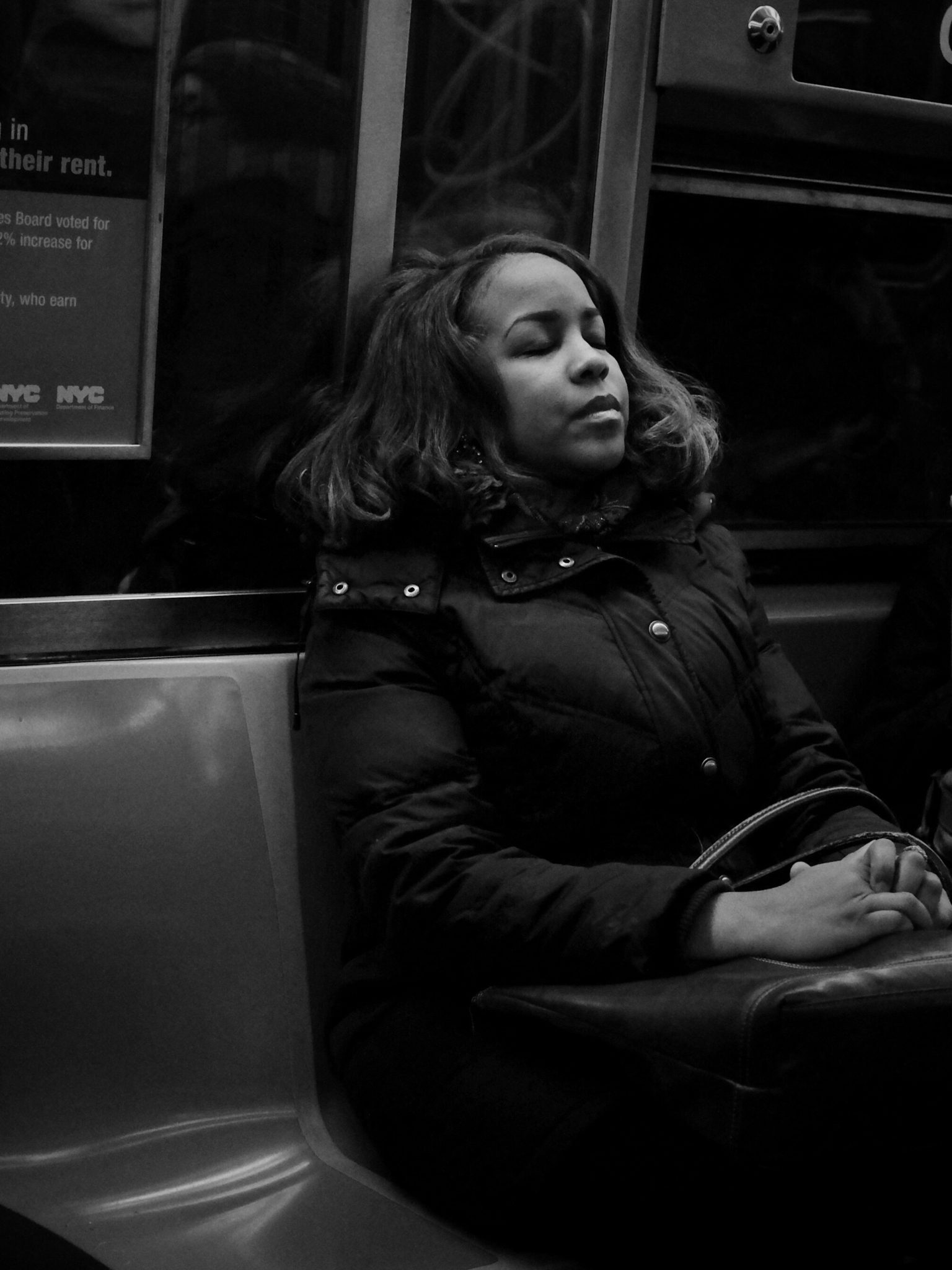
I have felt empowered by finding love, getting married and settling down, yet disempowered by my single female friends who felt I could no longer relate to their struggles.
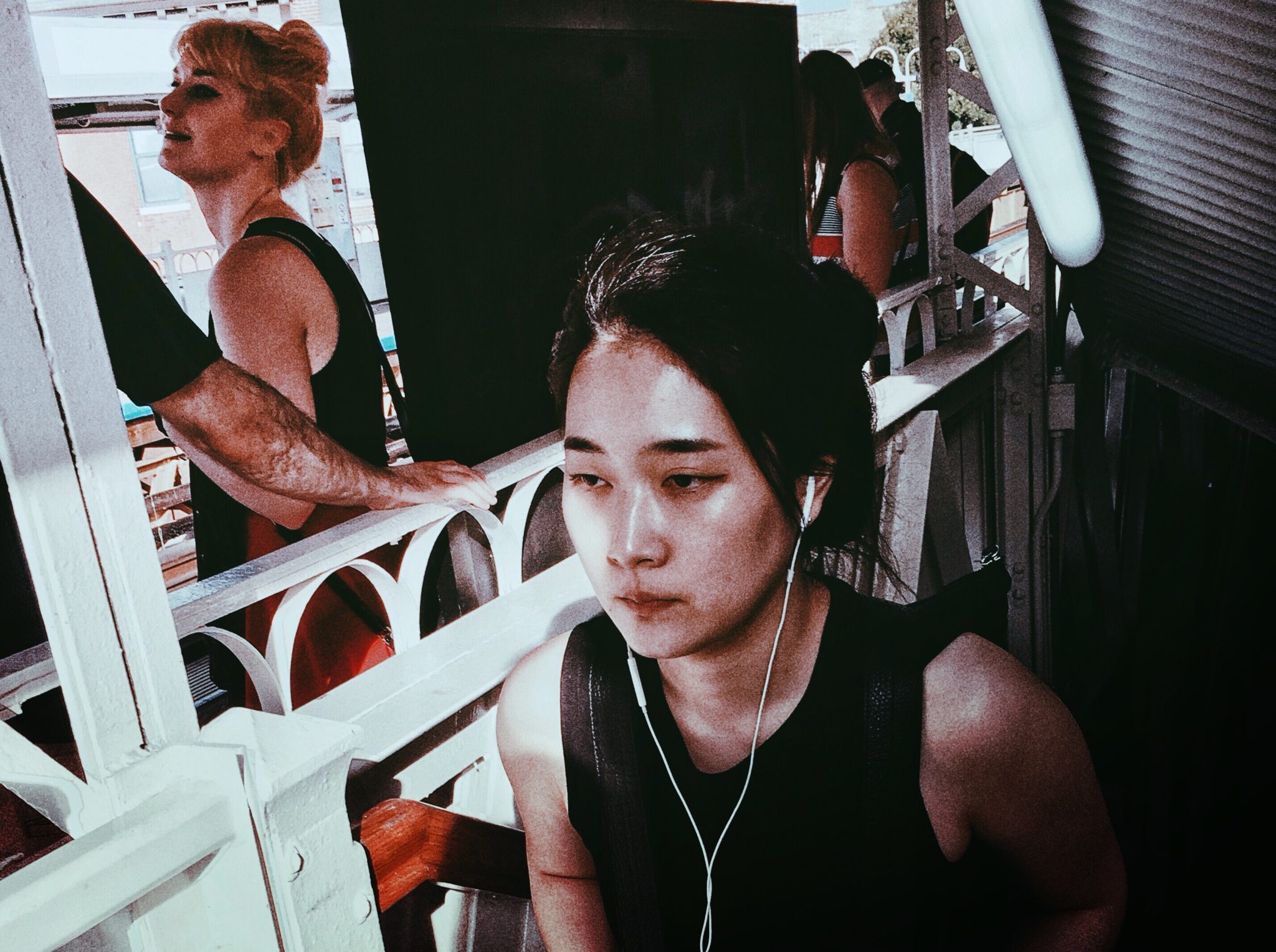
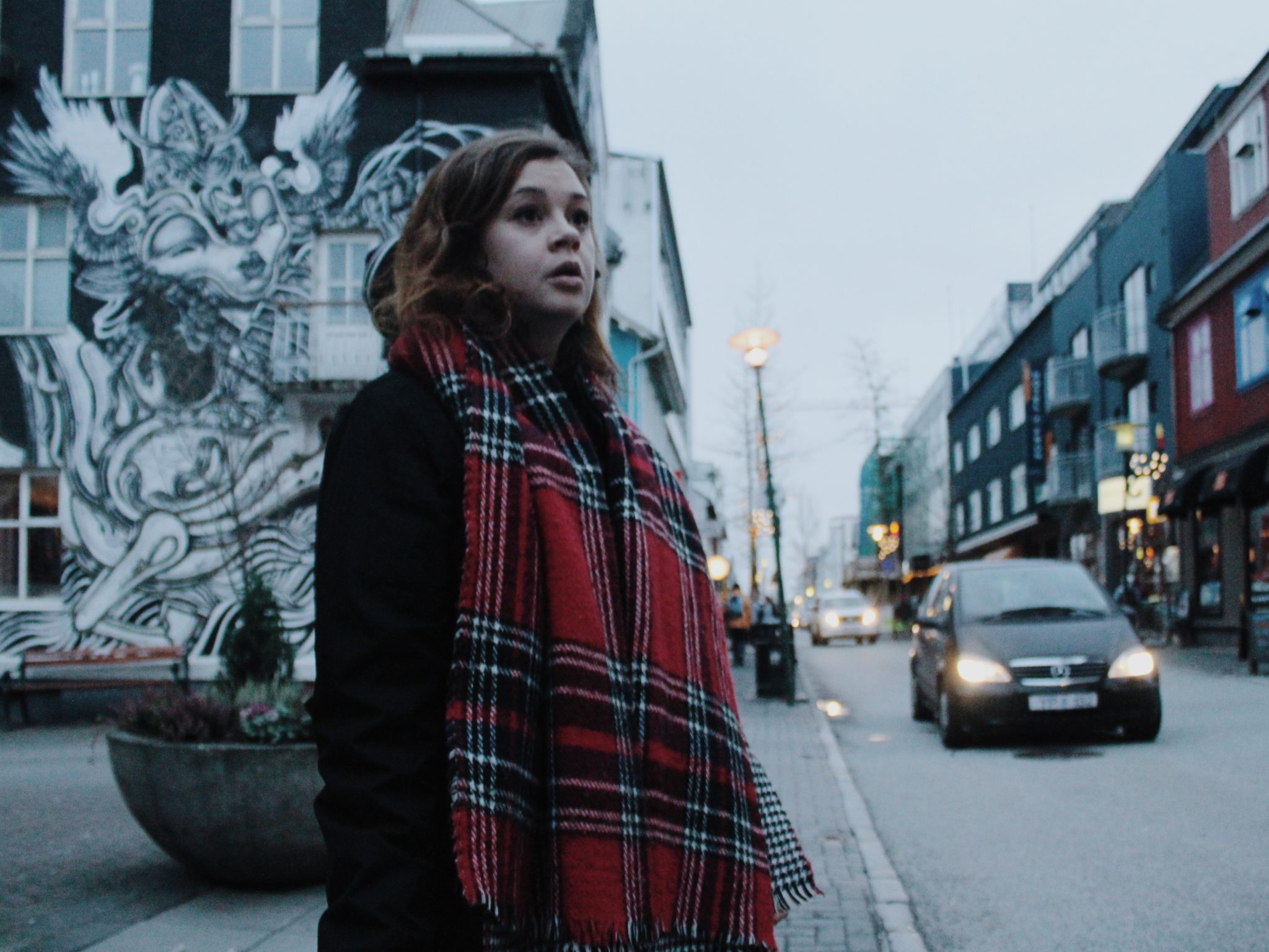
I have felt empowered by being older, wiser and more confident, but disempowered by the stresses of family and society’s changing view of me in the face of physical ageing.
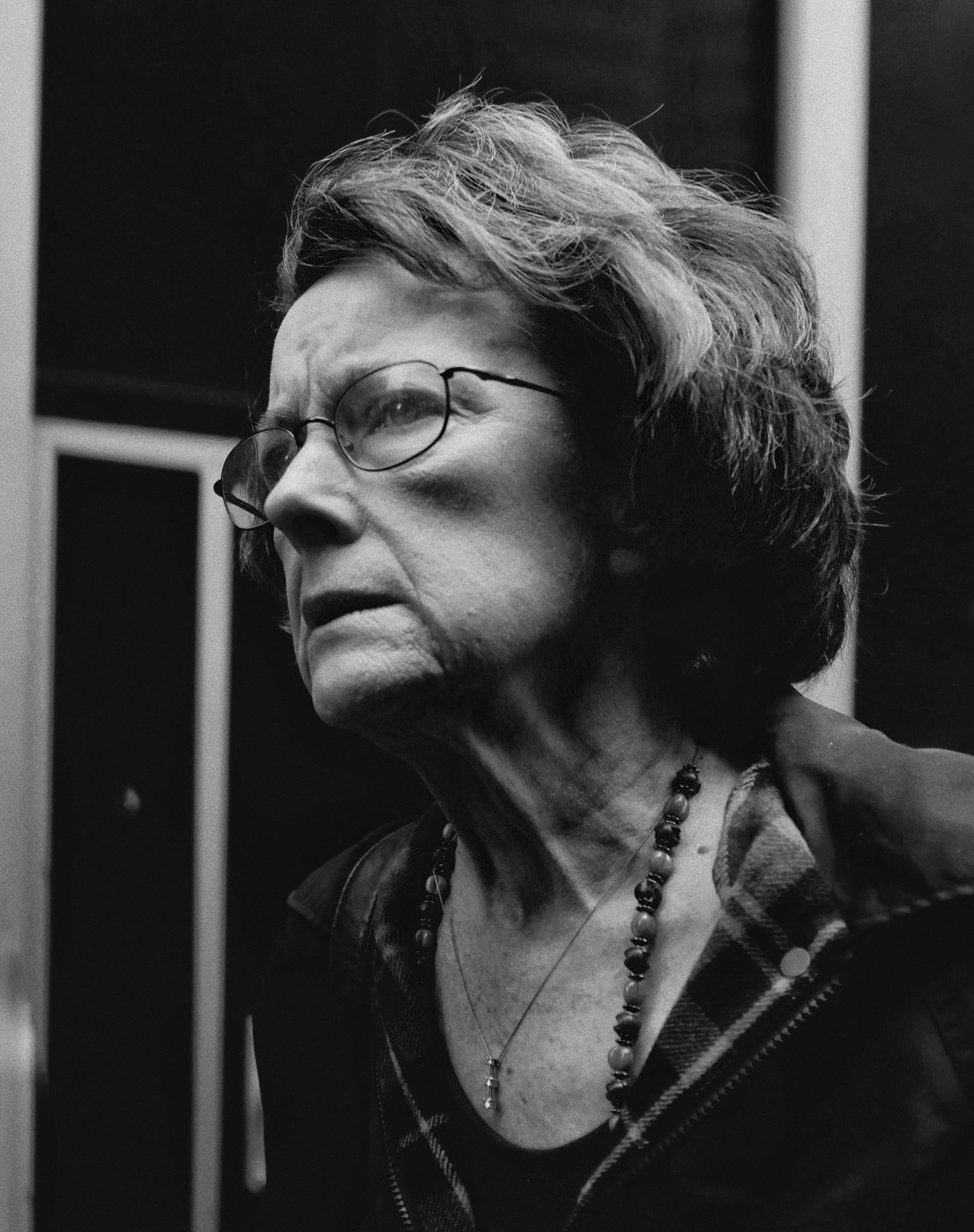
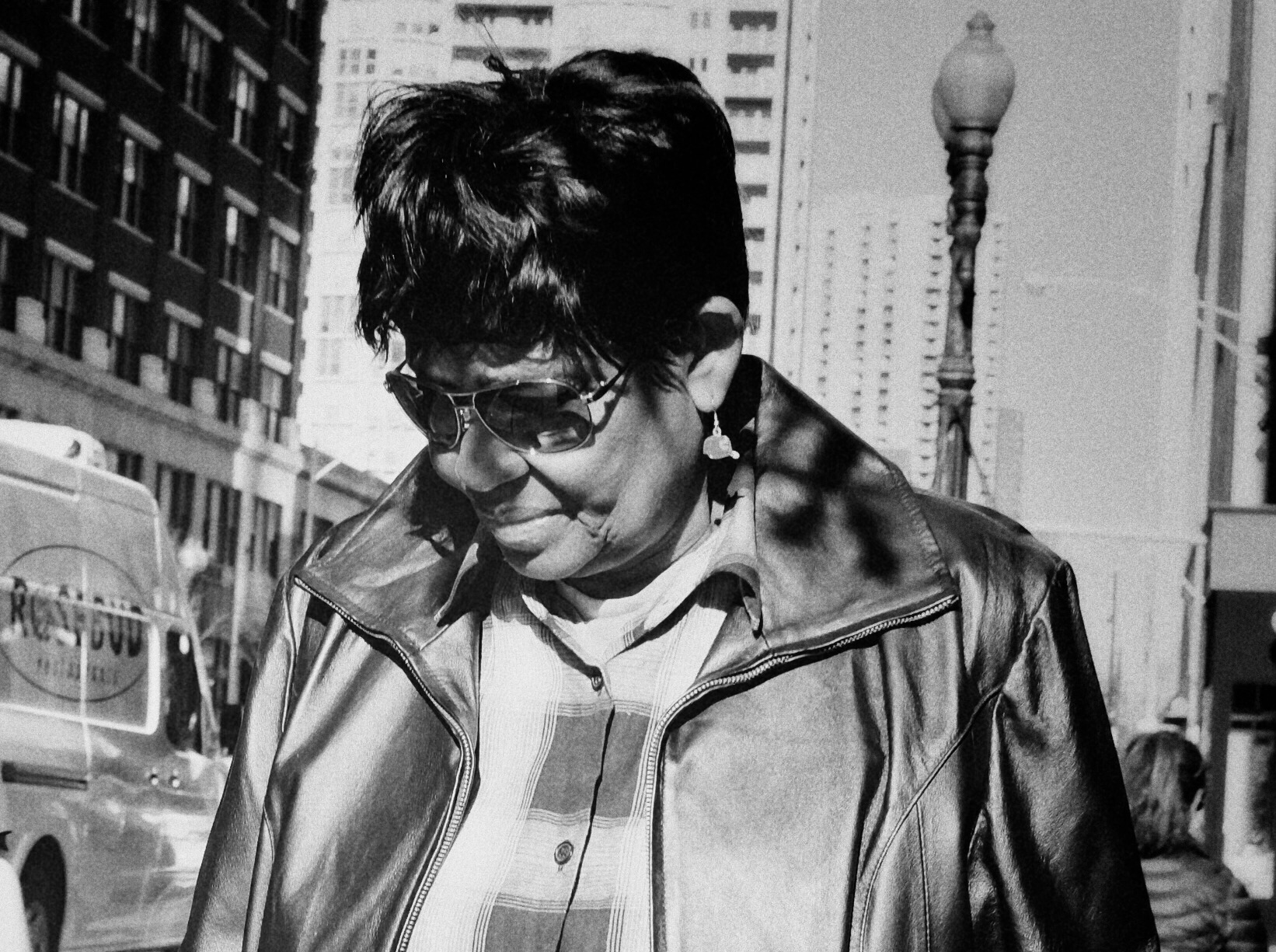
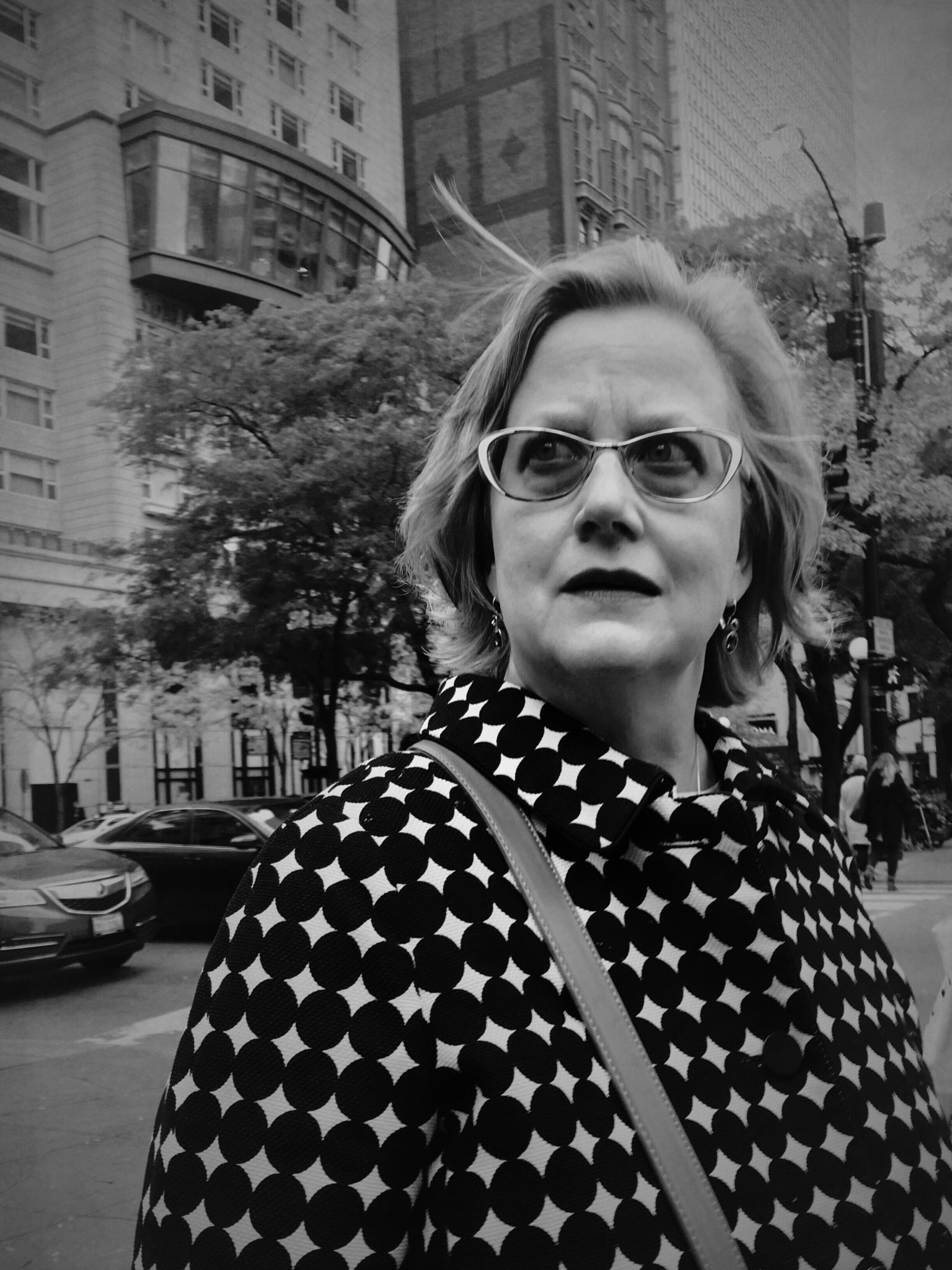
I use the word empowerment because in all of these women I have photographed, I see an underlying strength, a steely persistence beneath the expressions of concernment or vulnerability which outweighed and outplayed any feeling of ‘disempowerment’.
I began thinking about Laura Mulvey’s infamous writings on the ‘male gaze’ in her essay Visual Pleasure and Narrative Cinema. Mulvey argues that Hollywood cinema, for the most part, follows the patriarchal ideology of society and (without realizing it) places the audience into the perspective of a heterosexual man. “In a world ordered by sexual imbalance, pleasure in looking has been split between active/male and passive/female”, denying the woman her human identity and objectifying her. As a female street photographer in a primarily male dominated photographic medium, my focus on women then becomes twofold—I am inherently interested in women because I am one of them, but I am also able to challenge the philosophy of the male gaze by finding those women that project expressions and personalities that force the spectator to look deeper, beyond the surface— in other words, I want to photograph women because they have a story to tell, not because of their inherent ‘to-be-looked-at-ness’. To be sure, the story they have is one which can only be guessed at and one which will be intrinsically shaped by the viewer’s own worldview and experiences, as I demonstrated in the abovementioned examples.
Having observed and admired the work of other street photographers who find ‘scenes’ to photograph – whether it be two or three people interacting, or a person caught amidst diverse elements in the environment (for example a bus going by, a bird flying into the frame) – I persist with trying to capture the person, and only the person. In isolating the solitary figure, and highlighting their expression, the viewer is prompted to look within, rather than around, for the story.
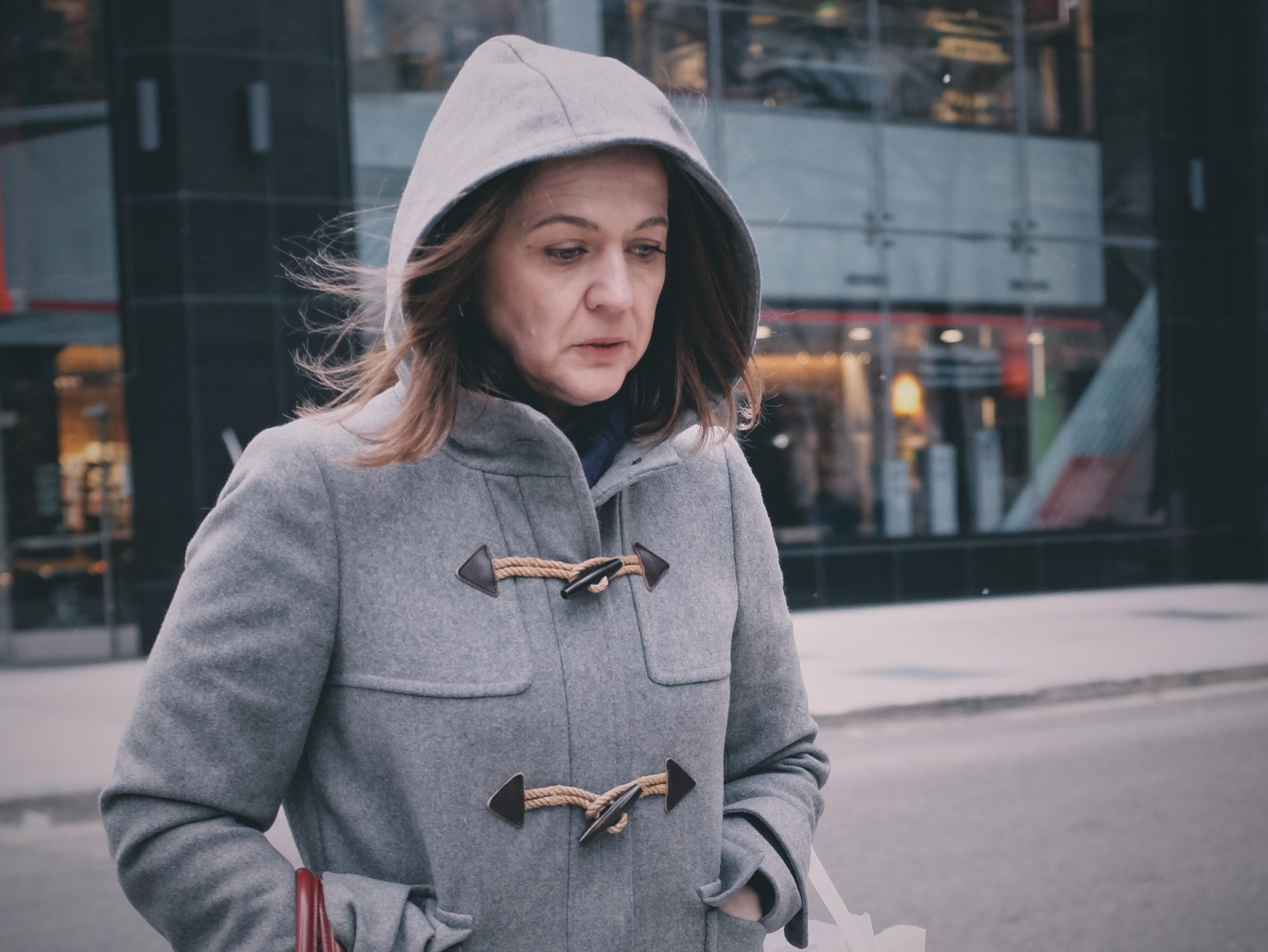
In the same way I had begun to think differently about the female faces I had been photographing, I also began pondering my series of ‘faceless’ women. I had taken a number of these, never staged. I was fascinated by the way their expressiveness came through in their posture and that there was always a narrative to be found not in their gaze, but in what they gazed upon. It felt like all of them were searching for something, and looking cautiously but optimistically ahead, again suspended for a moment in their own contradictions. What were these contradictions or these struggles? What were they searching for? The goal of street photography is never to deliver answers but to raise questions.
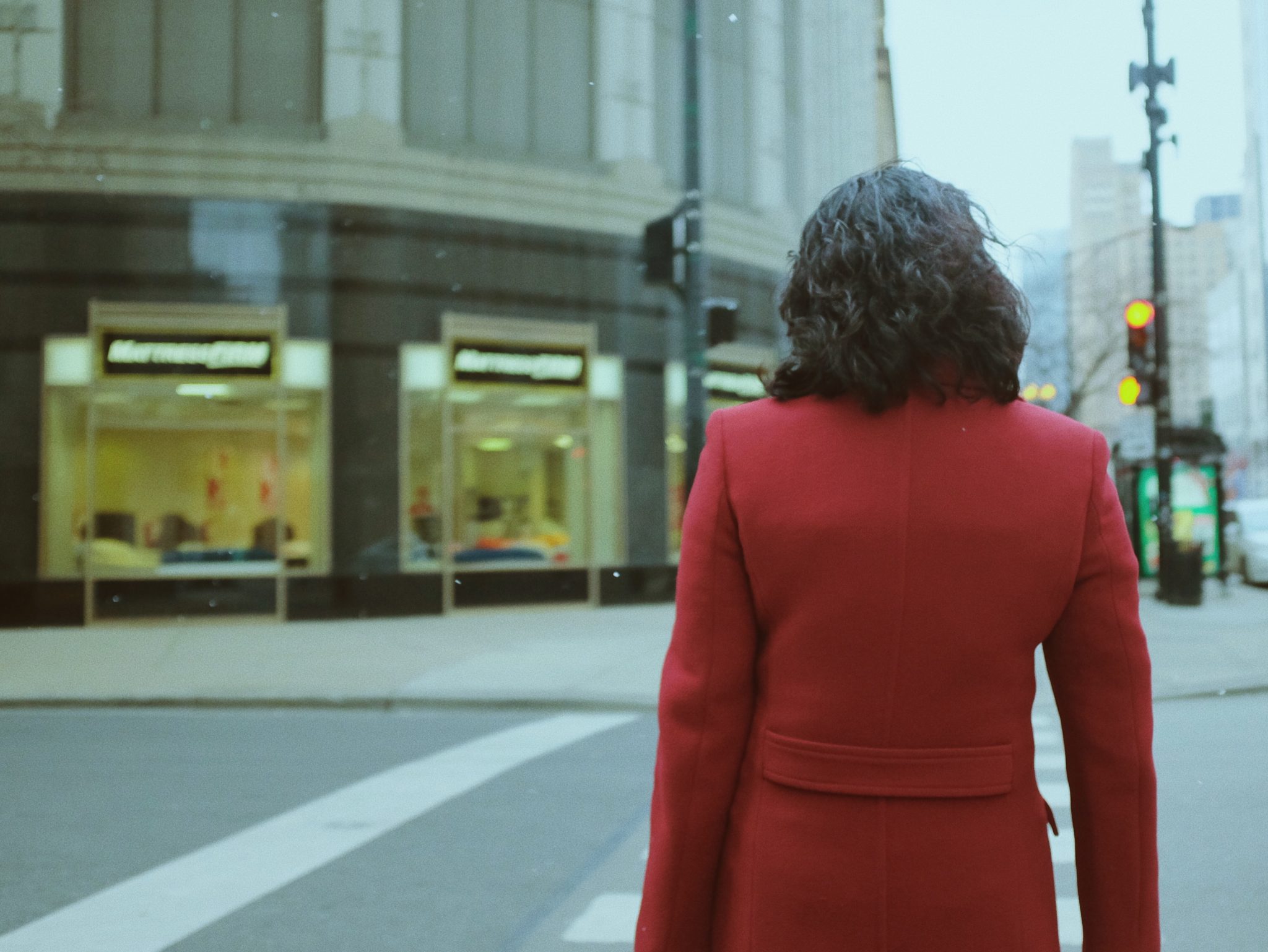
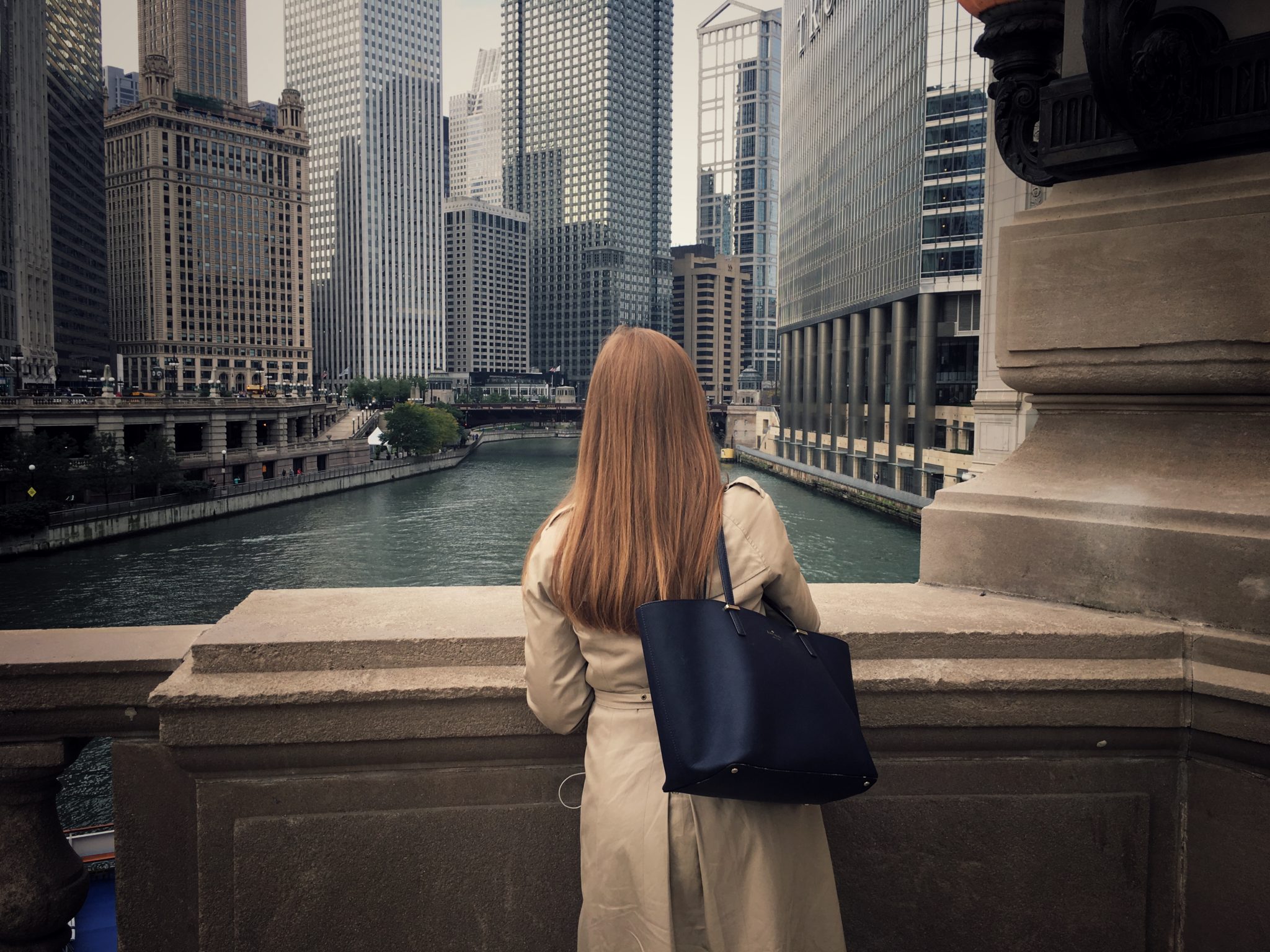
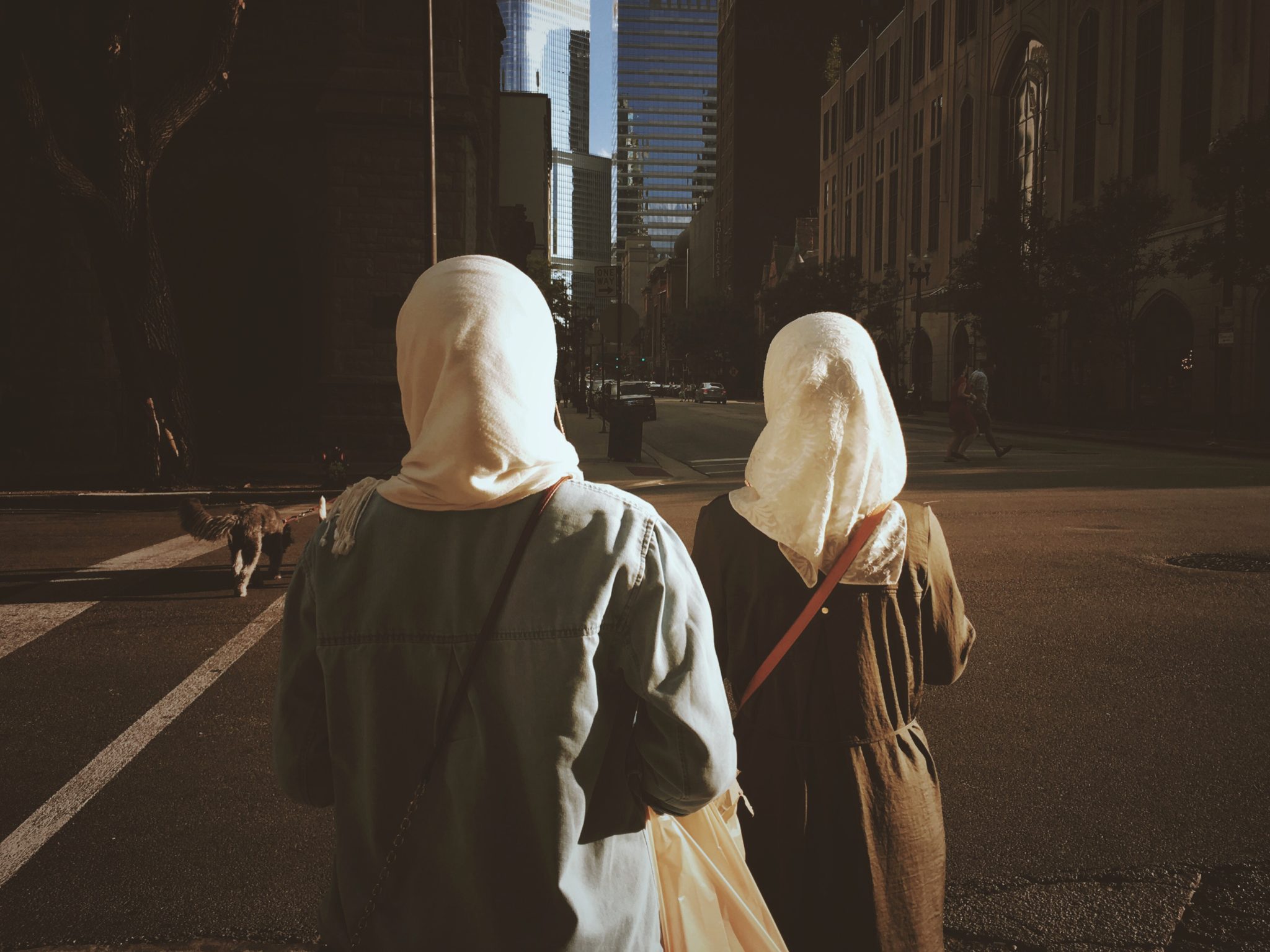
Lauren Louise is a street photographer based in Chicago, IL. You can find her on : Website | Instagram
About Author

Latest stories
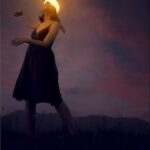 CommunityDecember 31, 2020We Bid Adieu
CommunityDecember 31, 2020We Bid Adieu Alexandra PrestonDecember 31, 2018December Wishes from Grryo
Alexandra PrestonDecember 31, 2018December Wishes from Grryo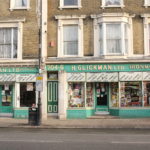 StoriesMarch 11, 2018The Marigoldroadblog Project by Adjoa Wiredu
StoriesMarch 11, 2018The Marigoldroadblog Project by Adjoa Wiredu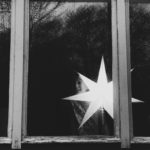 Antonia BaedtDecember 22, 2017‘Tis a Jolly Grryo Christmas
Antonia BaedtDecember 22, 2017‘Tis a Jolly Grryo Christmas

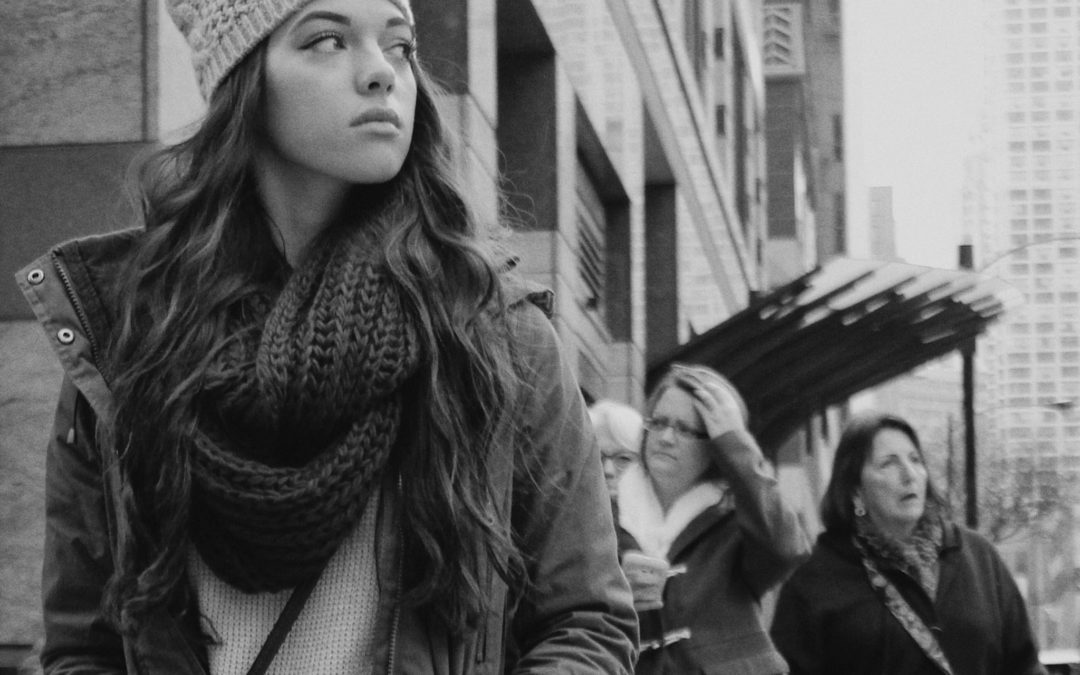
Beautiful author, beautiful perception of an (often) overlooked topic.